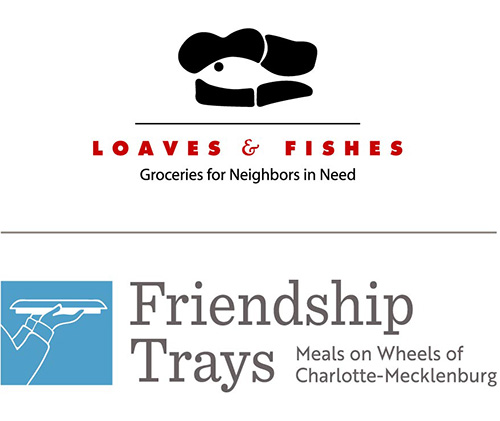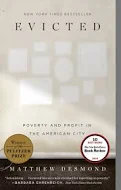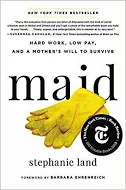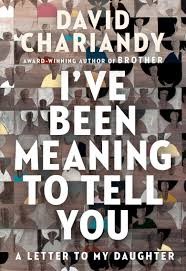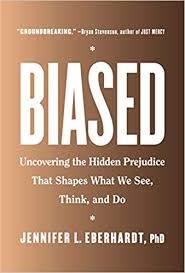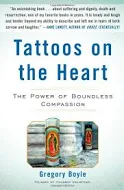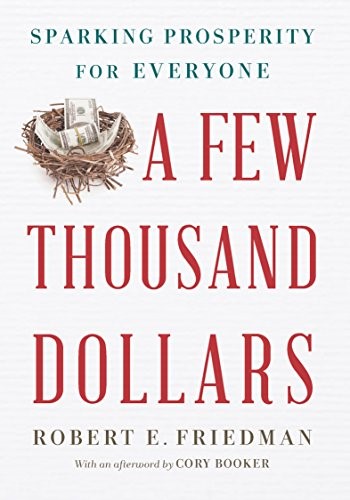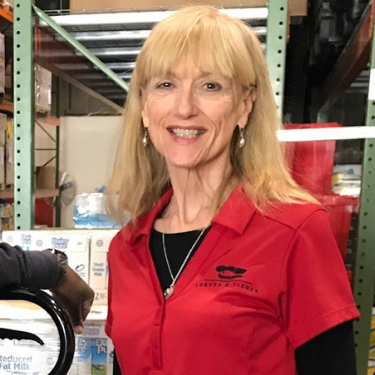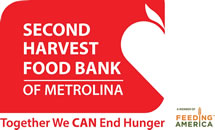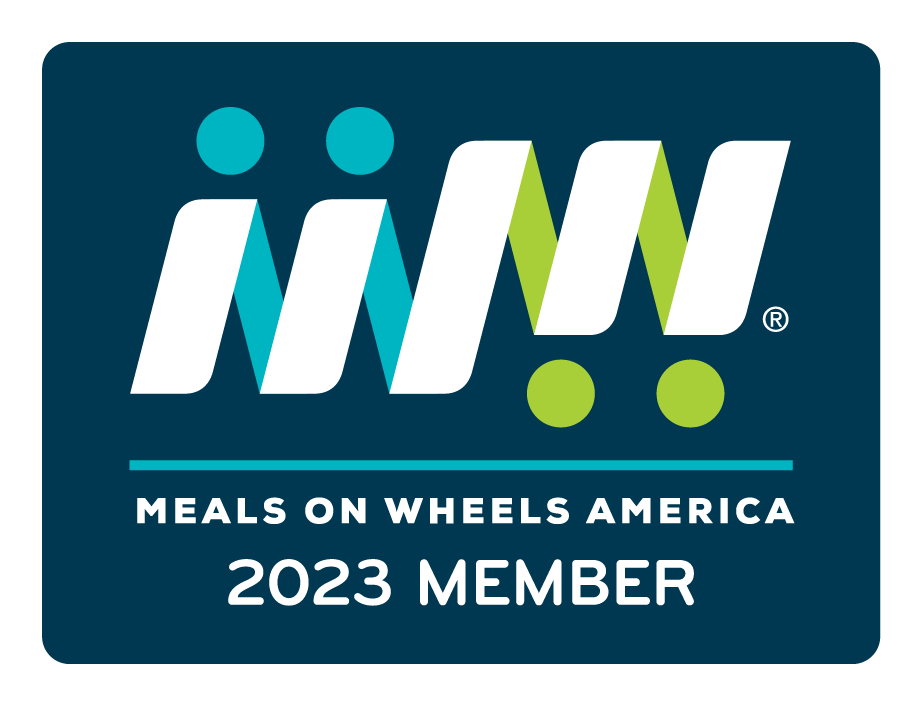12 Books to Read for 2020
Loaves & Fishes’ Grants and Advocacy Coordinator, Shay Merritt, has put together a list of 12 must reads for 2020; some old, some new, but these 12 books educate, inform and advocate for causes that are all at play in the Charlotte-Mecklenburg community. The information and experiences shared in these 12 books, read in any order, will prepare you for informed advocacy on issues affecting over 150,000 of our neighbors in need living at or below the poverty level in our area.
Evicted by Matthew Desmond. Evicted takes readers into the world of Milwaukee’s poorest residents, providing a detailed recount of the daily battles faced by real people to find and stay in housing that is not always adequate. Desmond reveals the innerworkings of the eviction “industry” in America and how our country’s most economically devastated citizens are legally and illegally preyed upon again and again in their struggle for livable, affordable housing.
Maid by Stephanie Land. There is no denying the brutal honesty of Land’s recount of her unflinching commitment to do whatever it takes to provide for her child. She settles in as a housecleaner while also struggling to improve her long-term situation by taking college courses online. Maid is full of the nitty-gritty details of the mental and emotional toll it takes to access and survive using available government benefits. All the while she is trying to set a positive example for her daughter. At the end readers will understand why single female parent households represent 40% of the households experiencing poverty. Stephanie Land will be the keynote speaker at Loaves & Fishes’ Annual Luncheon of Hope May 13, 2020.
My Own Words by Ruth Bader Ginsburg. While not a biography, this book provides a glimpse into the life and mind of one of our country’s most influential legal authorities. A writer since her teens, Ginsburg shares her feelings about her life’s most impactful events including marriage, illness and decisions made as a member of the Supreme Court. The book will inspire women seeking to understand the intersection of law and humanity, how this affects their lives and what they can do to empower the women around them.
Winners Take All by Anand Giradaharas. Giradaharas’ experience as a New York Times columnist earned him access to high level corporate offices where he asked tough questions about corporate philanthropy, rising profits and salaries, tax loopholes and the real “greater good”. He effectively rips off the non-profit rose-colored glasses to call for institutional and government leadership to change the shape of how our country provides help to our neediest citizens.
Across that Bridge: Life Lessons and a Vision for Change. Lewis talks about the early days of the civil rights movement and the unity that grew between the organizers and protestors. His experiences re-inforced Lewis’s personal commitment to values that guided his life and his politics: Faith, Patience, Study, Truth, Peace, Love and Reconciliation. “We were consciously aware that unity was our ultimate goal, and if that was truly our aim, we had come to grips with the fact that after all the warring was done, reconciliation, love, and forgiveness would have the final say.”
I’ve Been Meaning to Tell You by David Chariandy. This is definitely worth book club consideration. Chariandy is a Canadian of black, brown and white ancestry. I’ve Been Meaning to Tell You explores Chariandy’s efforts to explain race, racism, identity, bigotry and all the confusing emotions that go along with them to his daughter, now in her early teens. Written as a letter, this book is emotional, informative and above all, genuine. If it makes us uncomfortable, well, then maybe we need to feel uncomfortable.
Biased by Jennifer Eberhardt, PhD. Eberhardt is a widely respected scholar who explains “implicit bias” in language that is easy to read and understand. Eberhardt helps us realize the way bias insinuates itself into all facets of our lives to affect how we think in ways we are not aware of. Reading this book will help readers accept their own biased thoughts and offer help in changing them.
Fight Like a Mother by Shannon Watts. Watts did not have a family member injured in the shootings at Sandy Hook Elementary, but the day of violence at the school forever changed her life. From a Facebook group to the growth of a movement, Mom’s Demand Action, she has been called “the NRA’s worst nightmare.” Watts demonstrates grassroots activism in a way everyone can understand. She believes in the unique power of women and offers an inspiring message on how to be an impactful agent for change in your community and our country.
Tattoos on the Heart by Father Gregory Boyle. Many of us cannot get past our fear of gang violence to try to understand it, much less do something about it. Father Boyle ministered to gang victims and gang members at his church in the middle of a gang warzone in one of L.A.’s poorest areas. With financial assistance from a noted philanthropist, Boyle started Homeboy Industries to offer former gang members opportunities to change their lives. It’s a tough read at times with abject sadness and some profanity. Not all the stories told end happily. In the end, we are all reminded that when there is compassion, hope and support, redemption is possible.
Becoming by Michelle Obama. Better known as the first First Lady of color who partnered with President Obama to create the most inclusive White House of our lifetime, Michelle Obama is also a Princeton and Harvard Law graduate, vocal health and education advocate and supportive parent and wife who believes in every woman’s (and every person’s) need and right to establish their identity and find their passion. You will tear up, maybe cry and definitely laugh as you read her story told in her words.
The Faces of Poverty in North Carolina by Gene R. Nichol. A UNC law professor, Nichol is one of most knowledgeable scholars and authors on poverty in North Carolina. He melds facts, stories and conversations into a disturbing account of how the state’s poorest citizens survive. It isn’t pretty. He discusses the differences between poverty in the coastal plain and poverty in the mountains and takes time to profile Charlotte and Goldsboro in detail. Nichol is blunt in his analysis of how and why we are where we are at, but perhaps it is a needed wake-up call.
A Few Thousand Dollars by Robert E. Friedman. The founder of Prosperity Now, Friedman’s background is in asset management. In A Few Thousand Dollars, he writes about the crisis in American wealth inequality: The top 1% control 30% of the nation’s income. The top 5% control 50% of income. The bottom 60% share 5% of income. Friedman explains how we got in this situation of not just tolerating wealth inequality but creating it. He explains his theory on how we can turn this situation around to let everyone build assets and share in our country’s prosperity.
 menu
menu
